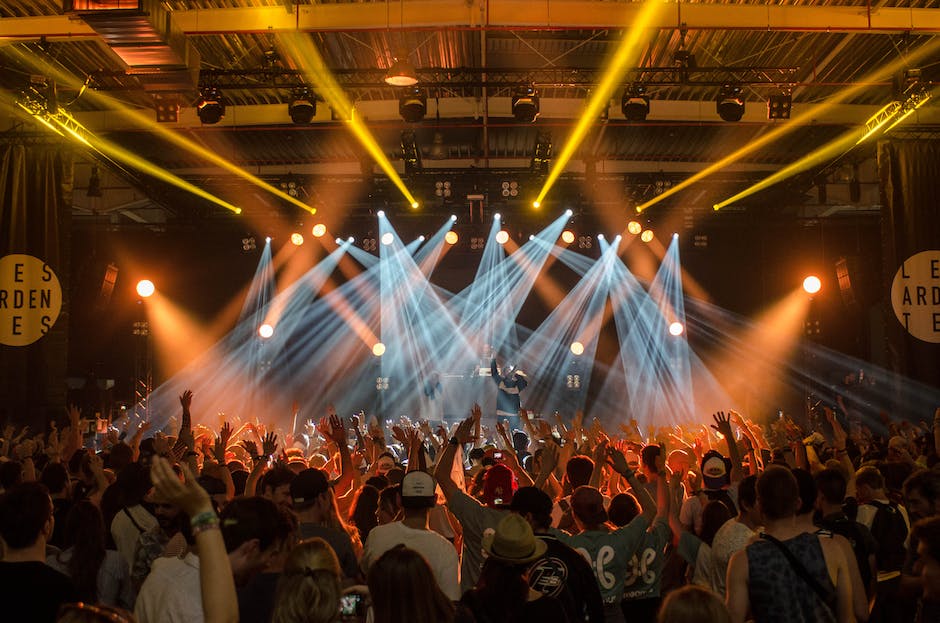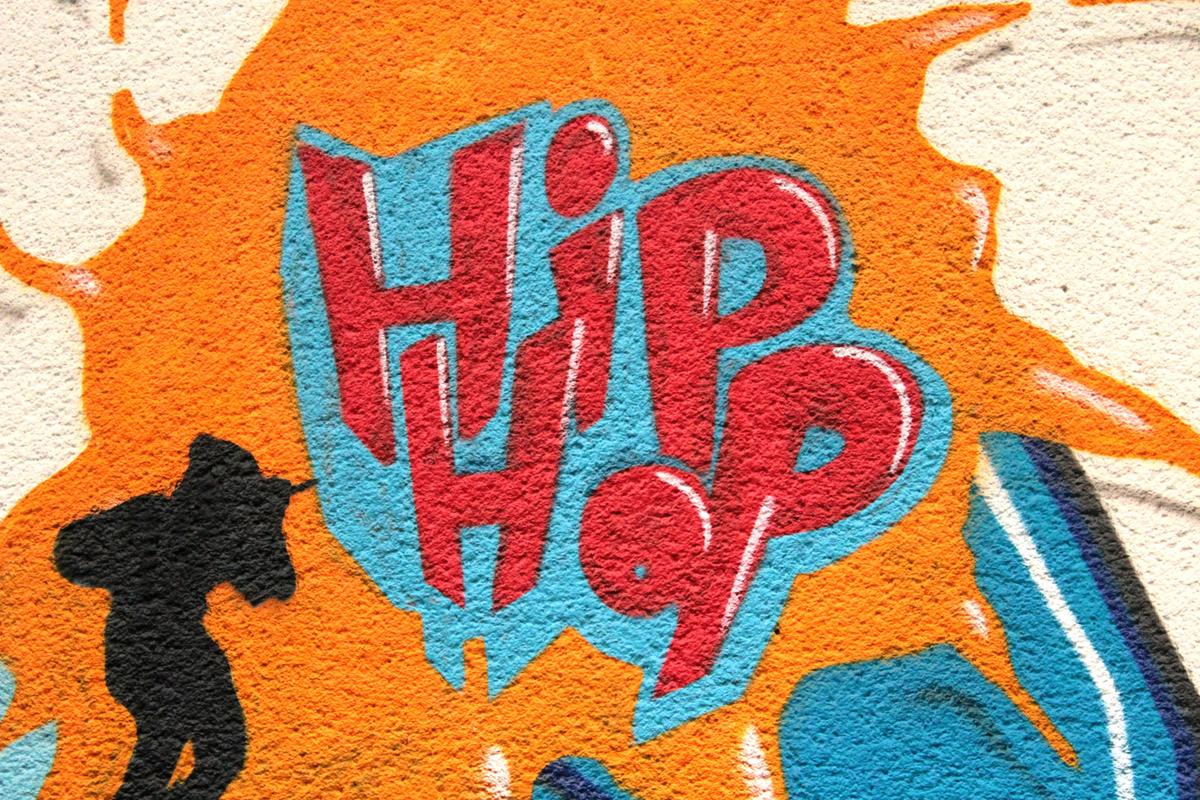In the heart of America’s midwest, the city of Chicago has done more than create a unique place in the world of hip-hop. It has earned the motivations, aspirations, and expressions of an era defined and shaped by its music. From its early entrance into the genre in the late 80s and early 90s, creating a distinction in a primarily bicoastal scene, Chicago hip-hop has always been a bastion of innovation and distinctiveness. Featured within this city is a syncopation of traditional rap with diverse elements, ranging from jazz to soul, from gospel to blues. The narrative evolves with the modern influence of artists that reimagine the genre and concurrently echo its roots, driving both local and national music trends. However, beyond the richness of the music, lies a powerful social commentary, a voice that combats systemic issues, instigates change, and amplifies the realities of urban life in the Windy City.
Emergence of Chicago Hip-Hop
The Rise and Evolution of Chicago Hip-Hop – Pioneers, Innovators, and Current Torchbearers
Voices boom from the heart of the Windy City as artists of the Chicago hip-hop scene captivate audiences with their visceral storytelling and electrifying performances. A harmonious alchemy of raw emotion, social commentary, and palpable street energy, Chicago’s hip-hop narrative is a compelling songbook of struggle, resistance, dreams, and triumph. Dive into the electrifying journey of Chicago hip-hop and the torchbearers who fired up its evolution.
In the mid-’70s, connections began to form between the rhythmic rebellions happening in NYC and Chicago. As pioneers like Afrika Bambaataa and DJ Kool Herc broke ground in New York, the husky voice of hip-hop reached Chicago where it found fertile land in a youth culture brimming with unexpressed thoughts and ambitions. The unique Chicago hip-hop flavor, harmoniously blending funk, soul, gospel, and jazz, started evolving, outstretching its influence far beyond its borders.
The ’80s birthed the first wave of Chicago hip-hop luminaries. Visionaries like Common and Twista laid the foundation of the scene, their lyrical acumen, rhythmic wizardry, and knack for weaving powerful narratives captured the city’s complex socio-political landscape and set an innovative trajectory for the genre.
Fast-forward to the ’90s era; it was then Chicago’s hip-hop canvass intensified with the arrival of acts like Do or Die and Crucial Conflict, whose gritty reality rap tales and rapid-fire lyrical assaults took the scene by storm. Meanwhile, conscious realists such as Lupe Fiasco and Rhymefest laid down verses that transcended the beats, symbolizing the city’s unending struggle and resilience through poignant wordplay and thought-provoking narratives.
The turn of the millennium witnessed a seismic shift in Chicago hip-hop as two prodigious talents emerged – Kanya West and Chance The Rapper. These visionaries offered divergent paths yet reflected the diversity of the city’s soundscape authentically. Kanye’s ‘The College Dropout’ brought creative wordplay, soul sampling, and an introspective charm that swiveled Chicago hip-hop onto mainstream radar while Chance’s mixtape ‘Acid Rap’ epitomized a genre-shifting blend of gospel influences and jazzy virtuosity, spotlighting the city’s musical heritage.
As the genre surmounted another epoch, drill music, a subgenre birthed in the heart of Chicago’s South Side, stepped into the limelight. Pioneered by Chief Keef, King Louie, and Lil Durk, drill music’s intense beats and stark storytelling portray a vivid panorama of the harsh realities and resilience of their neighborhoods, embodying a generation’s voice.
In the current landscape of the Chicago hip-hop scene, the blend of introspective lyricists like Noname and Saba with groundbreaking pioneers like G Herbo, echoes the city’s diverse sonic identity. Their creative range – from poetic storylines and jazz-infused beats to raw deliverances of struggles and triumphs – weaves a multilayered saga of Chicago’s vibrant history unfolding in real-time.
The evolution of Chicago hip-hop is a symphony of artistic rebellion, intimate narratives and audacious visionaries. The Windy City tells its tales through beats, bars, and rhymes, an emblem of audacity echoing a poetic journey of resilience, dreams, and tenacity. Today, Chicago hip-hop stands not just as a genre but as a testament to human spirit, continuously shaping and reshaping the broad contours of global music culture. It’s not just about the rhythm; it’s about the indefinable power of communal storytelling reiterated through every beat drop, every lyric laid bare, and every soul it reverberates with. This is Chicago hip-hop – raw, real, and revolutionary.

Innovative Hip-Hop Movements in Chicago
Taking it all in – this extensive odyssey through Chicago Hip-Hop movements- what strikes you is the rich tapestry of influences, evolution, and creative liberation that has shaped this city’s vibrant Hip-Hop journey. But the story doesn’t end there. There are certain movements which emerged with such gusto that they transcended their origins, branching out of the Windy City and inspiring a ripple effect on the broader global music landscape. Here’s an exploration into these monumental movements.
Building on the existing momentum of musical icons like Common and Kanye West, an innovative breed of artists emerged in the late 2000s, veering away from mainstream aesthetics. They fostered a new age in Chicago Hip-Hop – the advent of “alternative hip-hop.” This genre-bending movement deconstructed the conventions of hip-hop, weaving in eclectic elements of indie, experimental rock, abstract jazz, and even spoken word. Artists like Open Mike Eagle, Serengeti, and The Cool Kids were at the forefront of this fascinatingly avant-garde genre-diverse initiative.
Next came the rapid rise of the “Chicago Renaissance” in the 2010s, capturing the spirit of a generation battling socio-political adversities. It was akin to a musical uprising, channeling raw emotion into poignant lyricism underlined by thumping beats. The spotlight found artists like Vic Mensa, Mick Jenkins, and Joey Purp, whose songs emanated a distinctively socio-political undertone, reflecting narratives of struggle and resilience, love and anger, aspiration, and disillusionment. Their candid storytelling revitalized the essence of conscious rap, resonating deeply with the city’s neighborhoods grappling with systemic challenges.
Parallel to this renaissance was the formation and proliferation of the “Savemoney collective.” This hip-hop collective combined forces to advocate for artistic independence, echoing a visceral desire for creative freedom. The collective birthed talents like Towkio, Nico Segal, and, of course, Chance The Rapper – champions of individual artistry.
While these artists were making waves with their introspective narratives, the “beat scene” gained momentum back at home. Producers like K Tha Producer, Young Chop, and No I.D to newer names like Saba and Monte Booker were creating a unique sonic identity for the Chicago Hip-Hop landscape – percussive, groovy, eclectic.
In more recent developments, Chicago’s Hip-Hop terrain witnesses a notable influx of female rappers etching a space for themselves in the heavily male-dominated scene. Pioneers like Queen Key, Katie Got Bandz, and Sasha Go Hard underline a new movement, challenging outdated stereotypes and embracing their narratives with unapologetic fierceness. Their music stands as a testament to the city’s resilient and ever-evolving spirit.
Chicago’s Hip-Hop scene, thus, is an endless mélange of continuous renaissance – an organic interweave of the old and the new as the city’s artists dance to the rhythm of shifts in the social, political, and cultural landscapes. It is a music history as diverse as the city itself, forever echoing the cries, laughter, struggles, and triumphs of its people.

Modern Day Chicago Hip-Hop
In Chicago’s vibrant cityscape, reigning beneath the high-rises and echoing along the impressively architectured streets, lives an invigorating symphony of alternative hip-hop and genre-bending rhythmic brilliance. Imbued with soulful undertones and stylistic dexterity, artists such as Taylor Bennett, Joey Purp, Vic Mensa, and Kami are crafting a versatile soundscape that encapsulates the spirit of the Windy City.
This wave of artistic exploration is part of what many dub as the ‘Chicago Renaissance’, blending socio-political themes with visceral lyricism, imbuing the city’s hip-hop scene with a sense of authenticity and raw emotion. Mick Jenkins with his poetic approach, Open Mike Eagle with his satirical social commentary, and Jamila Woods with her soul-laced folkloric style are apt illustrations of this renaissance.
Amidst this creative explosion transcends the influence of the Savemoney collective – a powerhouse of independent talent that boldly challenges the mainstream narrative. Independent artists like Lucki, who puts a unique spin on trap music, or Kweku Collins, who melds folk and hip hop, have built impressive careers while maintaining artistic sovereignty, proving that high-level success isn’t solely confined within label walls.
Woven intricately within the fabric of Chicago hip-hop is the pulsating beat scene, generating an innovative sonic identity that shatters convention. On the forefront are artists such as Thelonious Martin and Smino fusing bombastic basslines with sultry synths and attentively crafted percussion. This unique sound forms an aural tapestry that pushes Chicago’s hip hop scene beyond traditional boundaries and anticipated norms.
A noteworthy part of this narrative are the dynamic female voices in the city’s hip-hop scene. The likes of Noname, Dreezy, and Tink are challenging stereotypes, reinventing the role of women in hip hop, and giving voice to insightful stories through their profound lyrics and nuanced perspectives. Noname’s lyrical prowess mixed with her poetic sensibility, Dreezy’s blend of assertive rhymes and melodic vulnerability, and Tink’s superb storytelling and songwriting skills showcase the multi-faceted nature of the city’s female voices.
Chicago’s hip-hop scene is an ever-evolving symphony, imbued with a resilience that permeates every verse, beat, and rhythm. And at the heart of it lies a captivating narrative, echoing tales of the city’s history, struggles, and triumphs. Through past influences, current variations, and future transformations, Chicago’s hip-hop continues to impact the global music culture in remarkable ways.
This vibrant atmosphere is not just reflective of the city’s diverse musical tradition, it signals a beacon of inspiration for other burgeoning music scenes worldwide. This, ladies and gentlemen, is the enchanting melody called the Chicago Hip-hop – an audacious symphony ever poised to reverberate through the heartbeats of music-lovers worldwide.

Chicago Hip-Hop and Social Commentary
Deep within the rhythmic tapestry of Chicago, where jazz, blues, gospel, and soul set the backdrop to a city recognized for its rich musical history, lies a heartbeat — a pulse reverb-rating through every alleyway and highrise — that is the city’s hip-hop culture. It is not just a genre, it is a movement, a testament to resilience, a catalyst enkindling seismic socio-political discussions in America and beyond.
Chicago hip-hop has always upheld its reputation for aligning with the unconventional, encouraging artists to hone in on their distinct voices, altering our perception of the genre with their inventive dexterity. Alternative hip-hop, a sub-genre that strays from mainstream practices, is robust in this vibrant cityscape. Take Taylor Bennett, Joey Purp, Vic Mensa, and Kami, to name a few, artists whose records blur the lines between traditional hip-hop and other genres, creating a unique blend that encourages diversity in sound.
It’s this innovative spirit that sparked what many refer to as the ‘Chicago Renaissance.’ The city’s hip-hop artists have become the urban bards of our time, narrating tales of systemic oppression, resilience and hope through visceral lyricism. Wordsmiths like Mick Jenkins, Open Mike Eagle, and Jamila Woods have redefined the landscape of hip-hop, stimulating conversations on racial disparity, socio-economic challenges, and political corruption.
The Savemoney collective, an inspiring group of musicians bound by friendship and shared ideals, have also played a significant role in keeping the independent artistry alive in Chicago hip-hop. This collective’s members, including Chance the Rapper and Vic Mensa, have championed artistic freedom over binding record deals, fostering a movement of independent artists such as Lucki and Kweku Collins, who refuse to be confined by industry confines.
An integral component of the distinct sound of Chicago hip-hop is the thriving beat scene. Thelonious Martin and Smino, among others, contribute greatly to the unique sonic identity of their city by pushing the boundaries of production, creating beats that balance tradition and innovation.
Yet another thread in the rich tapestry of Chicago hip-hop is the surge of dynamic female voices that are challenging stereotypes and reclaiming narratives. Acts like Noname, Dreezy, and Tink eloquently embody the city’s diversity, perpetuating their experiences and viewpoints through their powerful lyrics and performances.
Chicago hip-hop endures, resilient and ever-evolving, a symphony of the city’s storied past, its current struggles, and future triumphs. Consequently, its impact on global culture extends beyond music; it has fostered thriving artistry, nurtured independent thought, and driven social commentary worldwide. As such, Chicago serves not only as an inspiration for burgeoning music scenes worldwide but also as a beacon of hope that showcases the power of music as a revolutionary tool capable of sparking change and transforming societies.

Just as the heartbeat echoes the story of life, so does Chicago’s hip-hop landscape narrate the city’s tale. Its rhythms and rhymes are intertwined in the fabric of the city’s culture, painting vibrant and stark portraits of its reality. The genre’s organic growth, innovative movements, modern inspirations, and profound social commentary are all significant threads in this rich tapestry. They show Chicago’s unique capacity to innovate and inspire, lingering long after the last notes have faded. Serving as a mirror that reflects society and an amplifier of voices often subdued, Chicago hip-hop is a symbol of resilience, a testament to the enduring spirit of a city that continues to influence and shape the world of music and beyond.

Comments.
Currently there are no comments related to this article. You have a special honor to be the first commenter. Thanks!